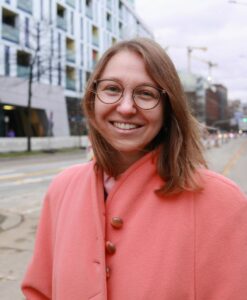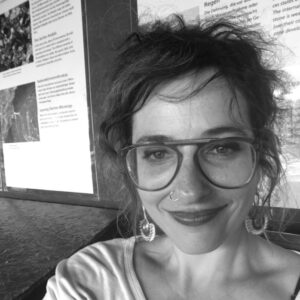As the COVID-19 pandemic is rapidly changing buying habits and ‘dark retail’ is spreading in the post-pandemic city, Amazon as the world’s largest online retailer is already at the forefront of a logistics revolution in retail transforming urban spaces. While its patents point to a speculation on automated futures, its retail and logistics operations – from fulfilment centres to last-mile delivery – are already creating spaces and architectures open to automated logistical flows. The premise of the project is that Amazon’s impact on the city is to be found focusing on the way its fulfilment centres are situated on post-industrial sites in urban fringes, its last-mile delivery serves are shaping the city, and its infrastructural backbone is distributed across the globe. Oriented around these conditions, the project proposes the first systematic study of the impact of Amazon’s logistical operations on the city. Specifically, three substudies focus on the way a) Amazon’s urbanism is currently transforming the properties and relations of urban space; b) Amazon’s algorithmic management is coordinating data, people and things; and c) Amazon’s patents speculate on automated futures of logistical cities. The project contributes significantly to a digital sociology of automation in the logistical city, generating analytical mappings and visualizations of research results for a broader political debate around Amazon urbanism.
Investigating Amazon as key actor in the automation of logistical cities, the project is guided by three objectives:
- to map the current impact of Amazon’s logistical operations on urban spatial configurations and topologies;
- to trace the algorithmic coordination of data, people and things in Amazon’s logistical operations; and
- to analyze Amazon’s speculations on the futures of automated logistical cities.







